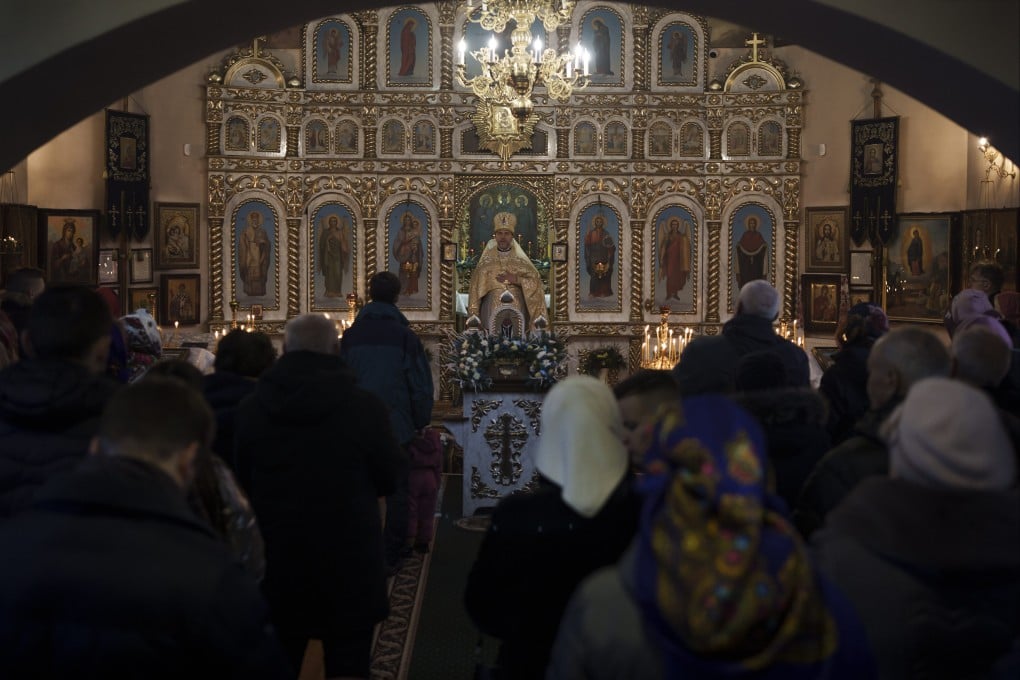Advertisement
Ukraine moves Christmas Day holiday to December 25, denouncing Russian-imposed traditions
- Ukraine’s President Volodymyr Zelensky on Friday signed a law moving the official Christmas Day holiday to December 25 from January 7
- The explanatory note attached to the law said its goal is to ‘abandon the Russian heritage,’ including that of ‘imposing the celebration of Christmas’ on January 7
Reading Time:3 minutes
Why you can trust SCMP
4

Ukraine’s President Volodymyr Zelensky on Friday signed a law moving the official Christmas Day holiday to December 25 from January 7, the day when the Russian Orthodox Church observes it.
The explanatory note attached to the law said its goal is to “abandon the Russian heritage,” including that of “imposing the celebration of Christmas” on January 7, and cited Ukrainians’ “relentless, successful struggle for their identity” and “the desire of all Ukrainians to live their lives with their own traditions, holidays,” fuelled by Russia’s 17-month-old aggression against the country.
Last year, some Ukrainians already observed Christmas on December 25, in a gesture that represented separation from Russia, its culture and religious traditions.

The law also moves the Day of Ukrainian Statehood to July 15 from July 28, and the Day of Defenders of Ukraine to October 1 from October 14.
The Russian Orthodox Church, which claims sovereignty over Orthodoxy in Ukraine, and some other Eastern Orthodox churches continue to use the ancient Julian calendar. Christmas falls 13 days later on that calendar, or January 7, than it does on the Gregorian calendar used by most church and secular groups.
The Catholic Church first adopted the modern, more astronomically precise Gregorian calendar in the 16th century. Protestants and some Orthodox churches have since aligned their own calendars for the purpose of calculating Christmas and Easter.
Ukraine’s religious landscape has fractured for years. There are two branches of Orthodox Christianity in the country, one aligned with the Russian church, even as it enjoys broad autonomy, the other completely independent of it. The Orthodox Church of Ukraine, the branch that is separate from the Russian church, announced earlier this year that it was switching to the Revised Julian calendar, which marks Christmas on December 25.
Its leadership last year allowed believers to celebrate the holiday on December 25.
Advertisement
Select Voice
Choose your listening speed
Get through articles 2-3x faster
1.1x
220 WPM
Slow
Normal
Fast
1.1x